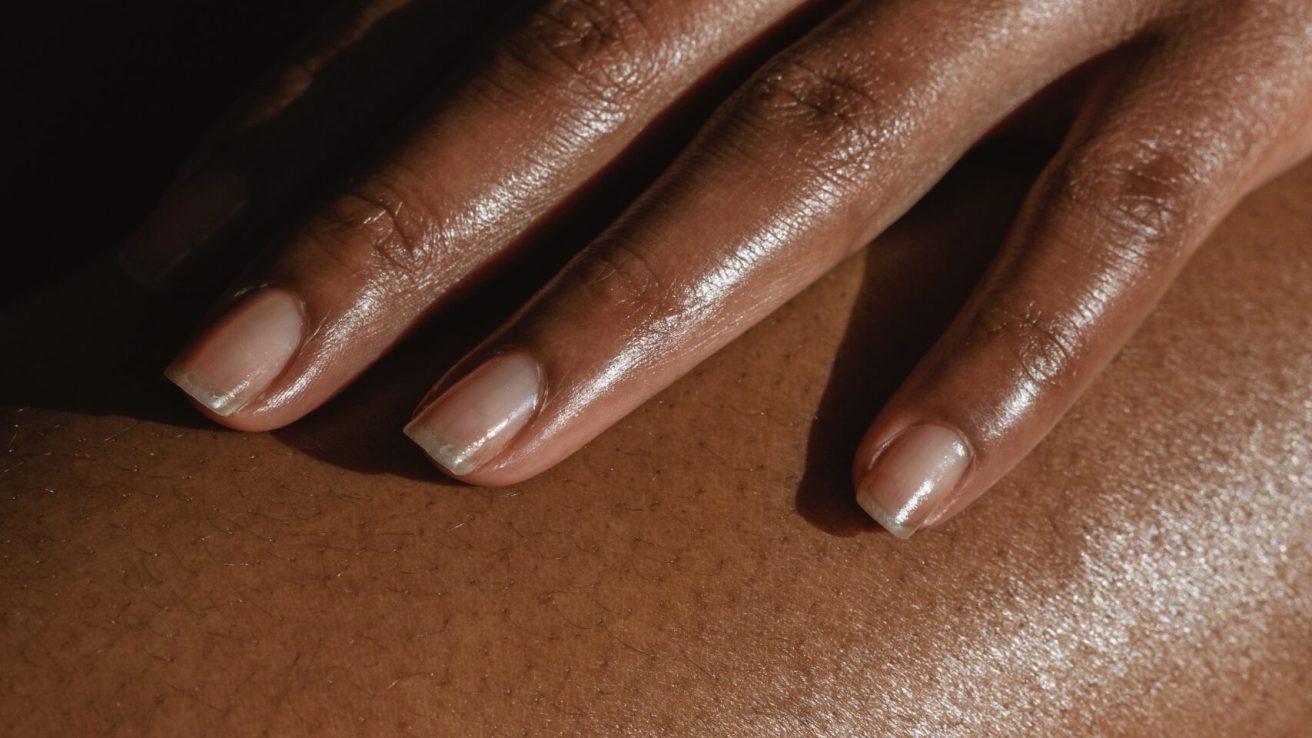Abrocitinib is a JAK-1 selective inhibitor that is safe and effective for the treatment of moderate-to-severe atopic dermatitis in prior dupilumab responders as well as nonresponders in the current JADE EXTEND trial.
There are limited treatment options for moderate-to-severe atopic dermatitis (AD) that is not responsive to topical formulations. Dupilumab, an anti-interleukin 4 receptor alpha monoclonal antibody for treating moderate-to-severe AD in patients who are either unresponsive or incapable of receiving topical therapies. A janus kinase 1 (JAK-1) selective inhibitor, abrocitinib, is undergoing investigation for treating patients with moderate-to-severe AD. Dupilumab works by binding to the α-chain of IL-13 and IL-4 receptors and inhibiting inflammation associated with helper T (Th)-2 cells. Abrocitinib works by inhibiting JAK1-mediated signaling, which targets multiple associated cytokines.
This clinical trial, published in the Journal of the American Academy of Dermatology, examined the safety and efficacy of abrocitinib in patients included in the phase 3 extension study of the JAK1 Atopic Dermatitis Efficacy and Safety (JADE) trial, known as JADE EXTEND, who previously received dupilumab in JADE Compare. The patients diagnosed with moderate-to-severe AD received 100–200 mg/day of abrocitinib in the JADE EXTEND study.
A minimum of 75% improvement was reported in the eczema area and severity index (EASI) in prior dupilumab responders. These included 90.2% of the patients who were administered 100 mg/day of abrocitinib and 93.5% of the patients who were administered 200 mg/day of abrocitinib for 12 weeks. Of the dupilumab nonresponders, 67.7% and 80.0% who received 100 mg/day and 200 mg/day of abrocitinib, respectively, demonstrated ≥75% improvement in the EASI. The most common adverse outcomes in these patients included acne, headache, nasopharyngitis, and nausea. Individuals treated with abrocitinib reported conjunctivitis less frequently as compared to prior dupilumab.
In summary, the findings of the JADE EXTEND trial support the safety and therapeutic efficacy of abrocitinib in the treatment of moderate-to-severe AD, regardless of the patients being responsive or nonresponsive to prior dupilumab. The study, however, constituted a short-term analysis of 12 weeks and did not include a placebo arm. Future trials shall take into consideration a longer duration of follow-up of patients and include a placebo arm.
Reference
Shi, V. Y., Bhutani, T., Fonacier, L., Deleuran, M., Shumack, S., Valdez, H., Zhang, F., Chan, G. L., Cameron, M. C., & Yin, N. C. (2022). Phase 3 efficacy and safety of abrocitinib in adults with moderate-to-severe atopic dermatitis after switching from dupilumab (JADE EXTEND). J Am Acad Dermatol, 87(2), 351-358. https://doi.org/10.1016/j.jaad.2022.04.009










